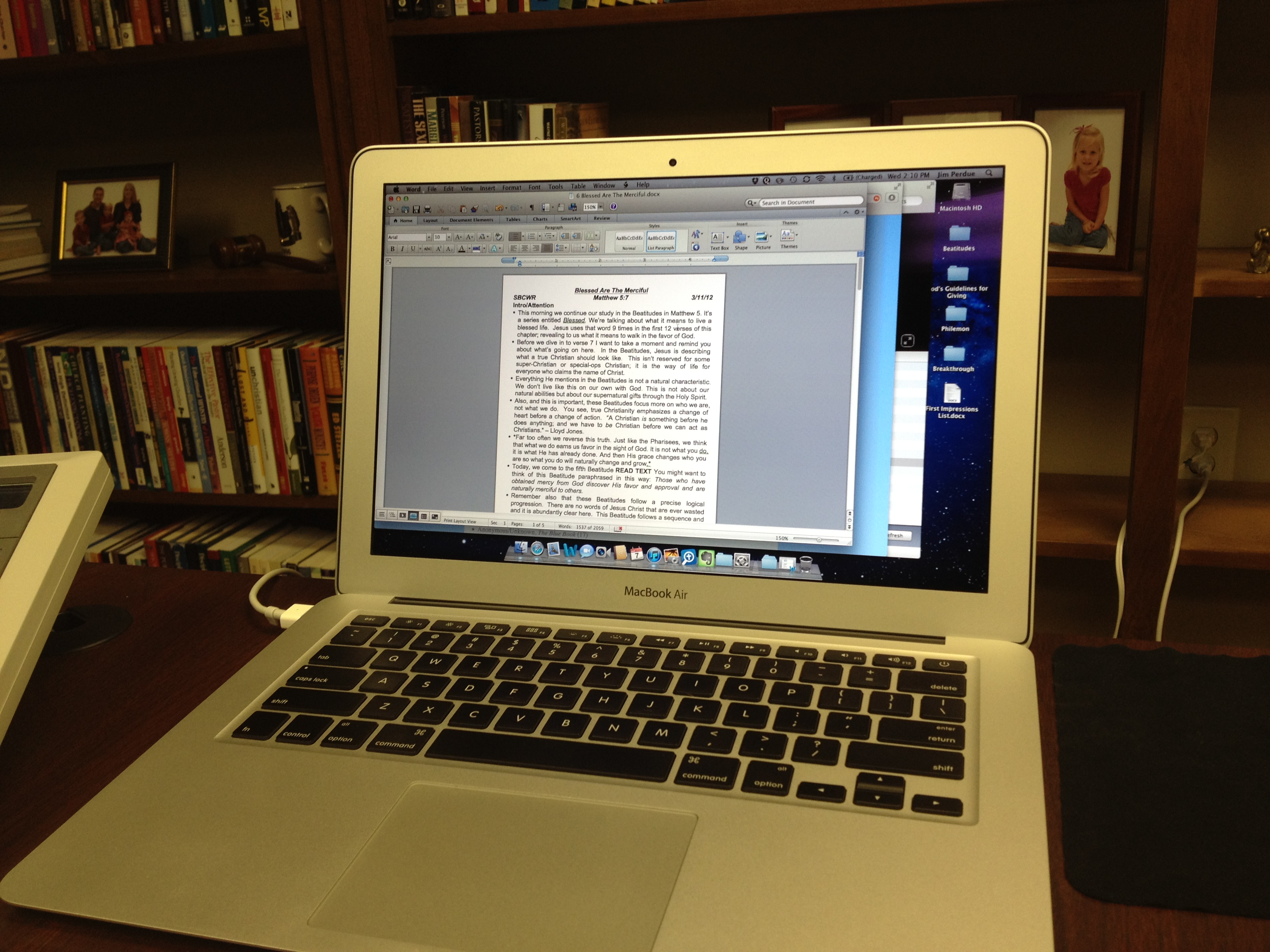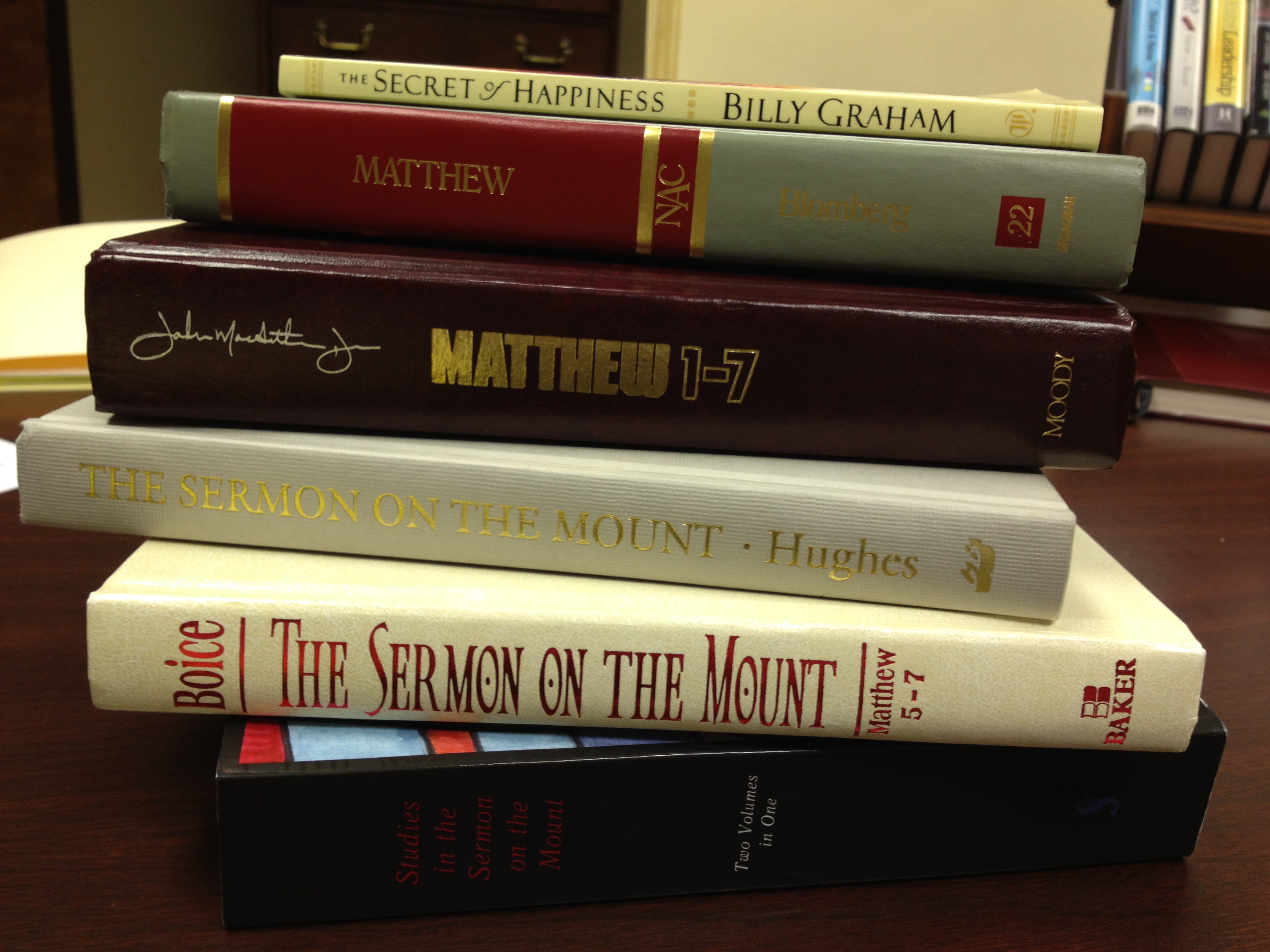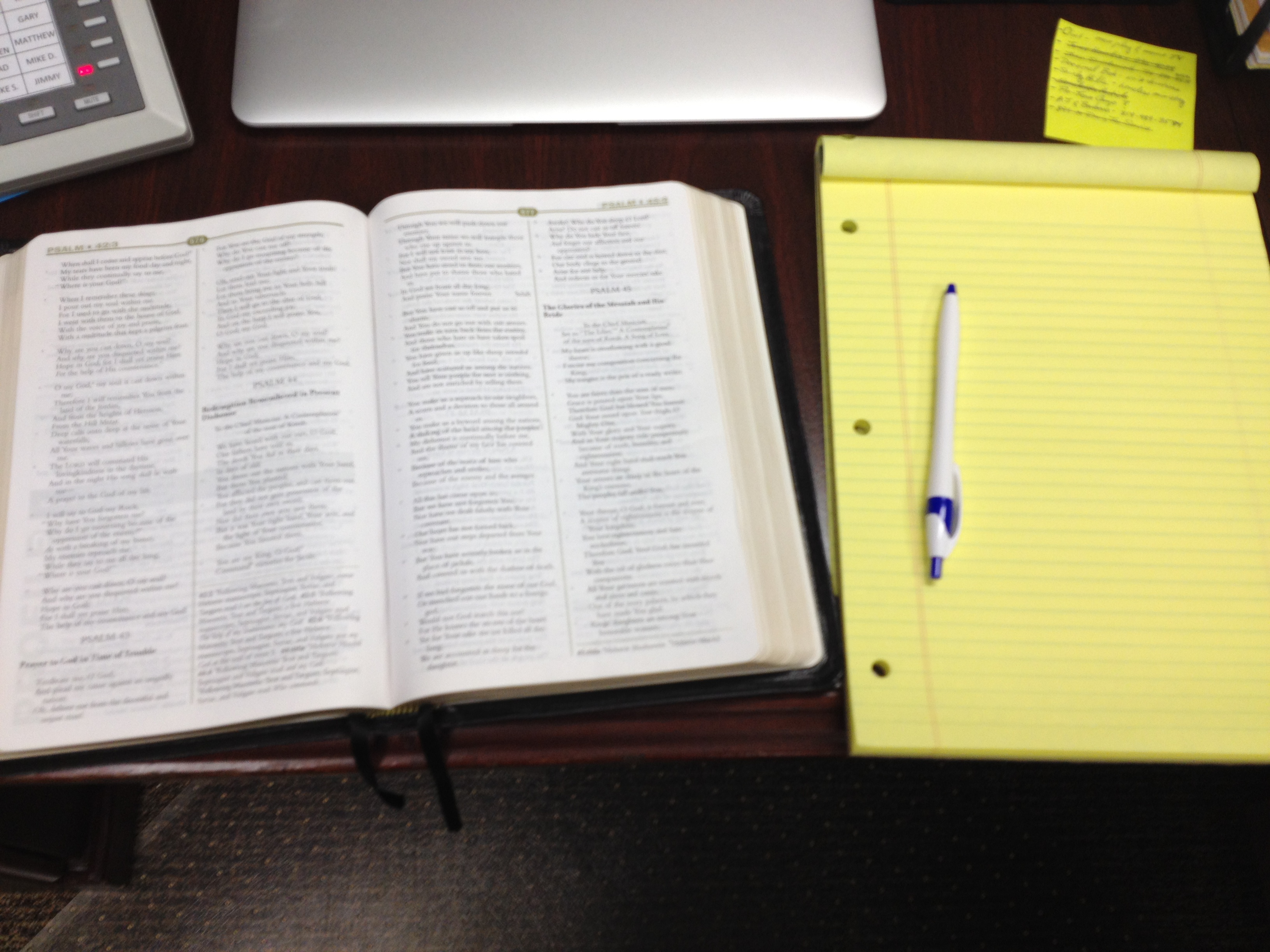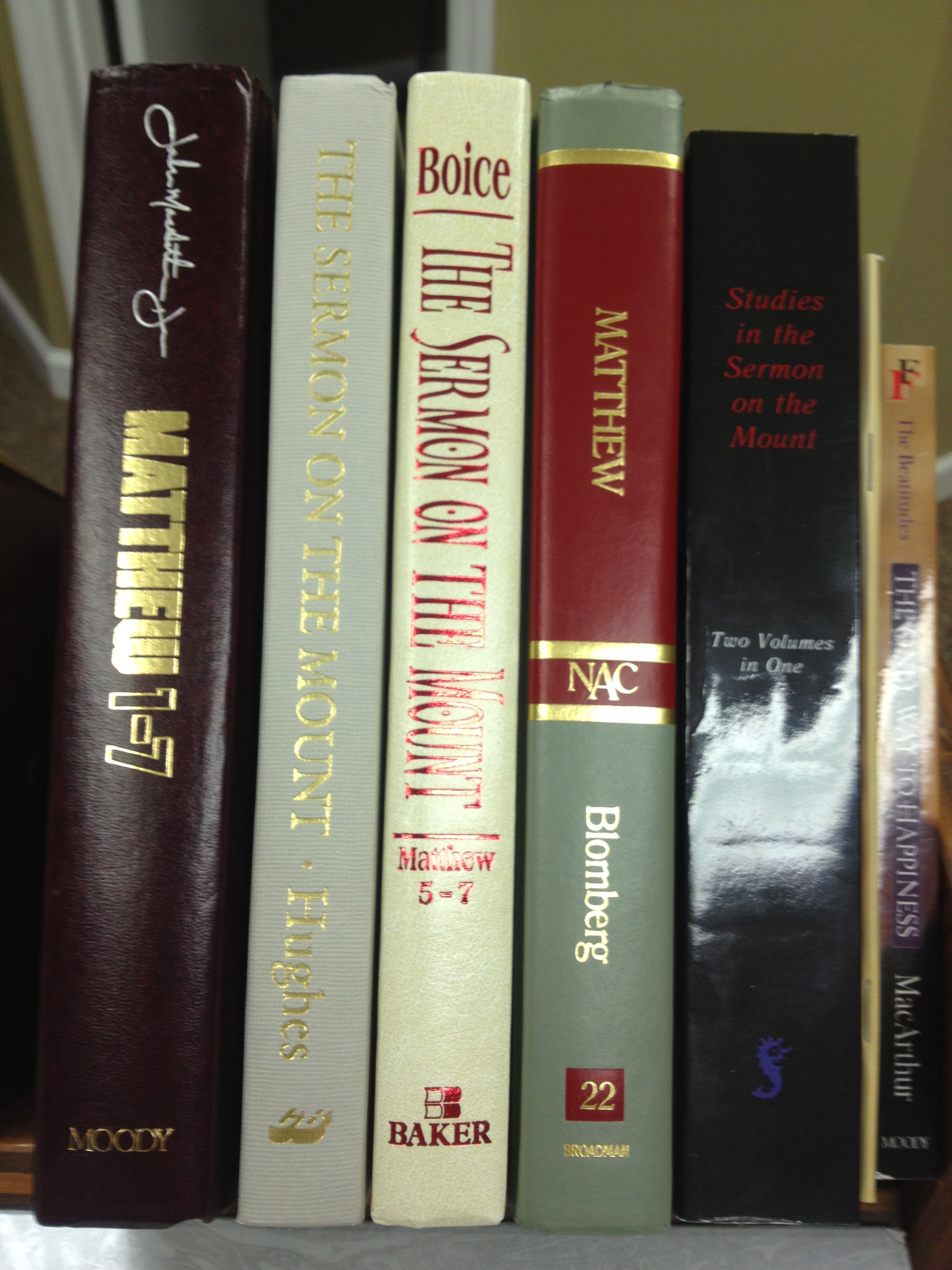I recently read Jim Collins’ fantastic little book, How the Mighty Fall. I would highly recommend the book for pastors, leaders, business people, or anyone who wants to learn and grow. Here’s an interesting thought from page 160. The right people display “window and mirror maturity.”
What does he mean? Here are his own words.
When things go well, the right people point out the window, giving credit to factors other than themselves; they shine a light on other people who contributed to success and take little credit themselves. Yet when things go awry, they do not blame circumstances or other people for setbacks and failures; they point in the mirror and say, “I’m responsible.”
This reinforces something that’s been swirling around in my mind for some time. Far too often I have seen pastors or leaders who use the window and the mirror in the wrong way. When things go well, they point to the mirror. When things go poorly, they point out the window.
While Collins’ book is not considered a Christian work, I think he has landed on two very important scriptural principles. Continue reading











You must be logged in to post a comment.